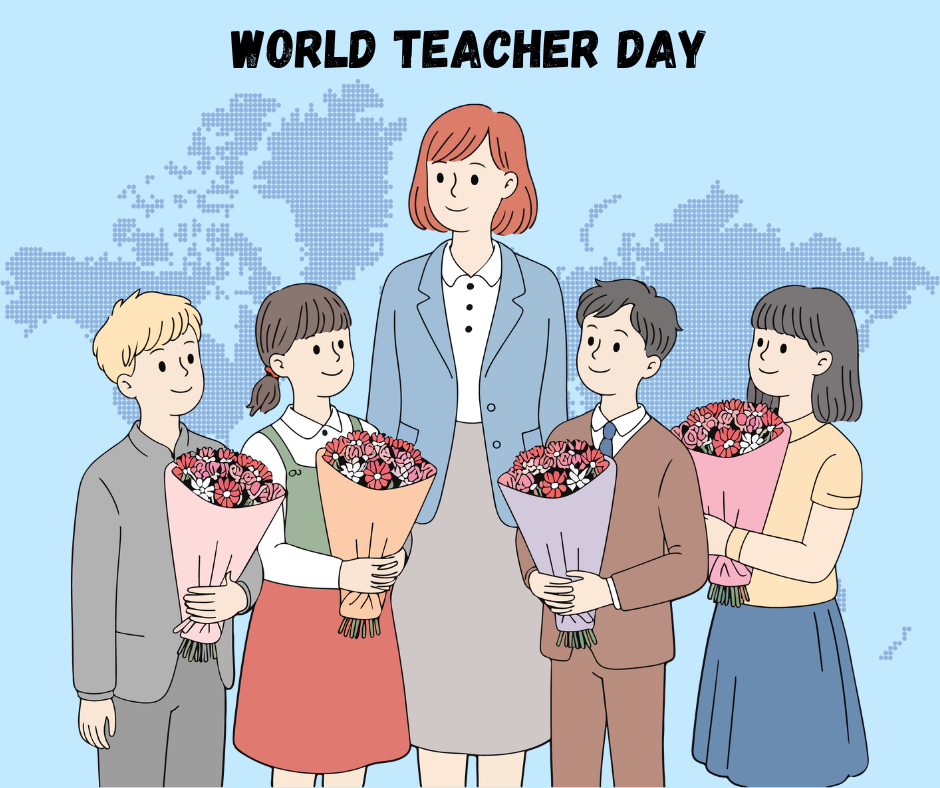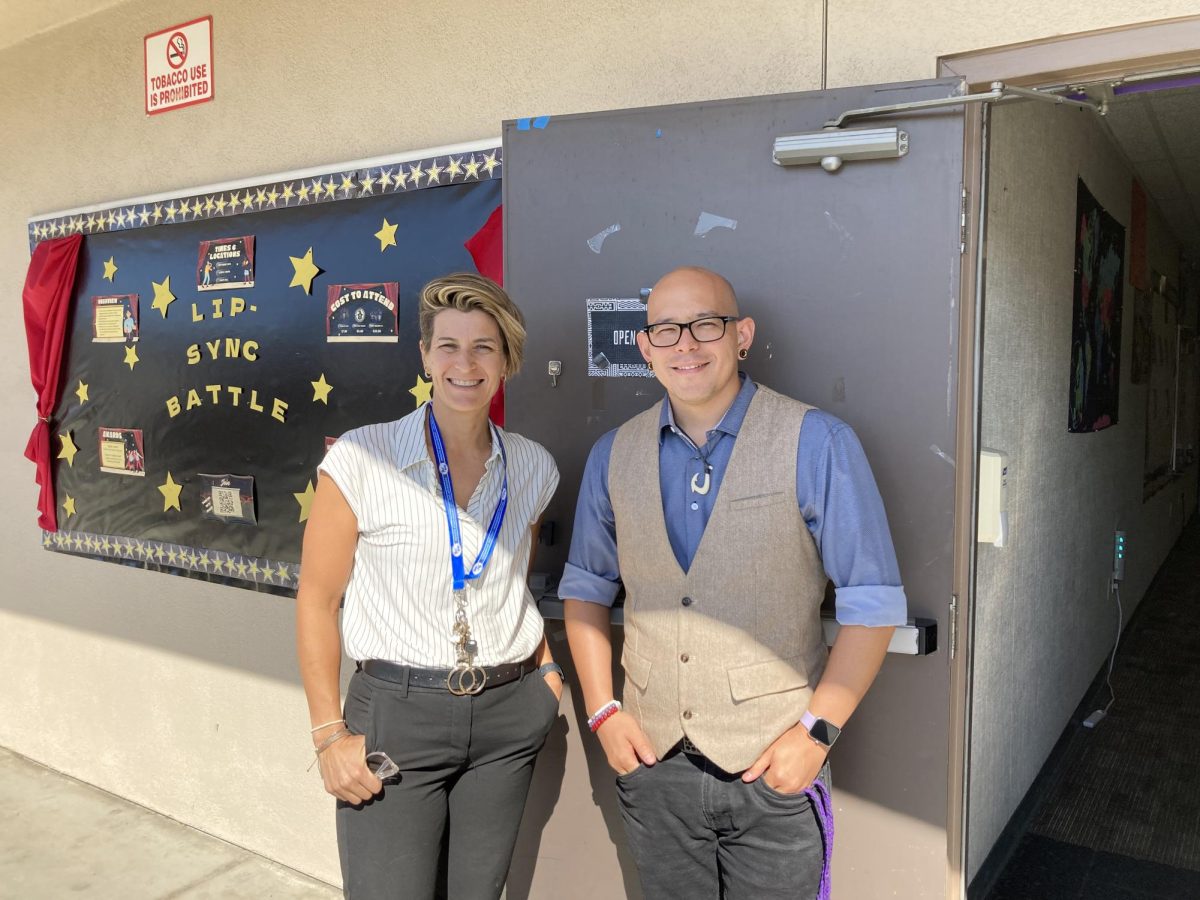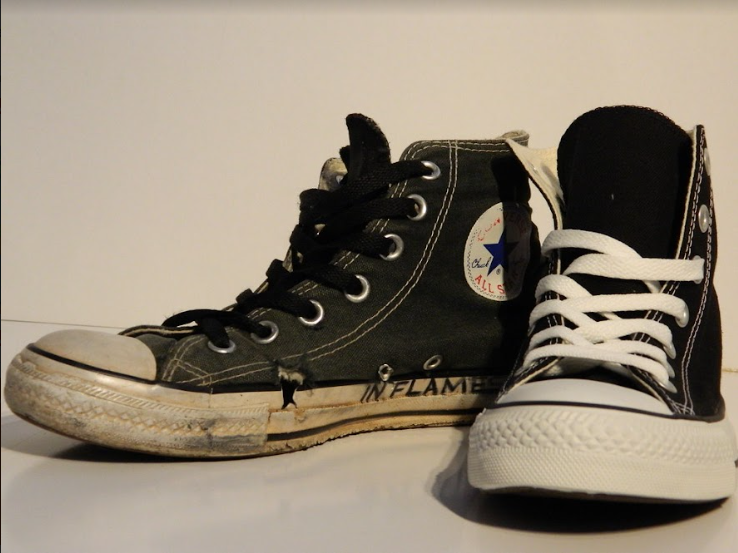Attraction: how we unconsciously assign biases and neglect those around us
We look for attractiveness in everything and we neglect what we consider ugly.
Over the centuries physical appearance has always played an impactful role in society whether it’s unconscious or not. Believe it or not, this little unconscious piece of judgment plays a role from the very beginning commencing within babies. The special treatment that people give to “cuter” babies plays a huge factor in the development of their growth.
The term “halo effect” is quite common. The halo effect or halo error is, “a type of cognitive bias whereby our perception of someone is positively influenced by our opinions of that person’s other related traits.” This takes place in quite everyone’s life.
It takes place with people, things, and animals. If someone is looking for a piece of furniture or a piece of clothing its appearance will always be of the biggest importance. After that, we focus on quality and durability. Still leaving appearance as the top priority.
Believe it or not this unconsciously always plays a part in our minds during our everyday life activities. For instance, while interacting with babies, you will automatically be drawn to the baby that you believe is cuter. Whether it’s their genetic qualities or the cute clothes they’re wearing. Therefore, we humans are hooked by eye-appealing people and things.
Although this may seem like a small preference these unconscious actions play a big role in the development of babies.
“If a baby is seen as cute by a caregiver, that baby is having an interaction with its environment based on who they are physical, whether it’s their clothes or face being cute. These interactions influence who they will become later in life,” said Dr. Rebecca Vásquez Ortiz, an Associate Professor of Psychology.
If an attractive baby draws people’s attention they can receive more time practicing and developing social skills. This leads to a faster understanding of social skills and vocal practice.
Social skills that babies tend to develop consist of communicating emotions, forming friendships, and problem-solving. They also have a lot of vocal practice. Babies interact vocally with people when they’re cooing, or making soft vowel sounds. This is usually a sign of pleasure or excitement. Vocal play helps babies to learn how to control the air that comes from their lungs and helps them to routinely use their vocal cords. Therefore, a vocal response from a baby during an interaction with someone is considered a form of vocal practice.
Unlike a “cute” baby, an “unattractive” baby will get neglected in certain situations and this takes away the possibility of an opportunity for development.
“If an adult thinks that a baby is cute and receives a reaction from that baby they will be drawn in and that baby will develop more social skills. On the other hand, if an adult talks to a baby that they think is ugly and they do not receive a reaction, they will quickly lose interest,” said Ortiz.
Giving another baby more time and attention due to your unconscious attraction can make a baby excel in life more than a baby that would be neglected because you don’t find it appealing.
“If a ‘cuter’ baby is going to evoke more attention then there’s something about that baby that will help for its survival.”
Not only does this attraction bias and halo effect play an important role within babies, but it takes place during our whole lives.
It is extremely common to have a lot of biases in the workplace. This accounts for the unmeritocratic or unfair advantage that some groups have over others, irrespective of their actual talent or potential.
There are multiple driving factors for a bias. Sexism, racism, ageism, and obesity are just a few examples. Yet, the most pervasive and prominent bias is the beauty bias, also known as “lookism”.
Being discriminated against during an interview is also unconsciously and consciously common. A study from the National Library of Medicine allowed them to conclude that “Physically attractive individuals are more likely to be interviewed for jobs and hired, they are more likely to advance rapidly in their careers through frequent promotions, and they earn higher wages than unattractive individuals”.
Being judged for a work position can also be due to “odd fashion,” tattoos, and piercings.
Regardless of the location, everyone and everything will receive a bias or be neglected due to their physical appearance. Even though it’s unconscious or not, it will occur.

I love listening to music, I enjoy running and I like playing video games.
@stfudarlyn
































